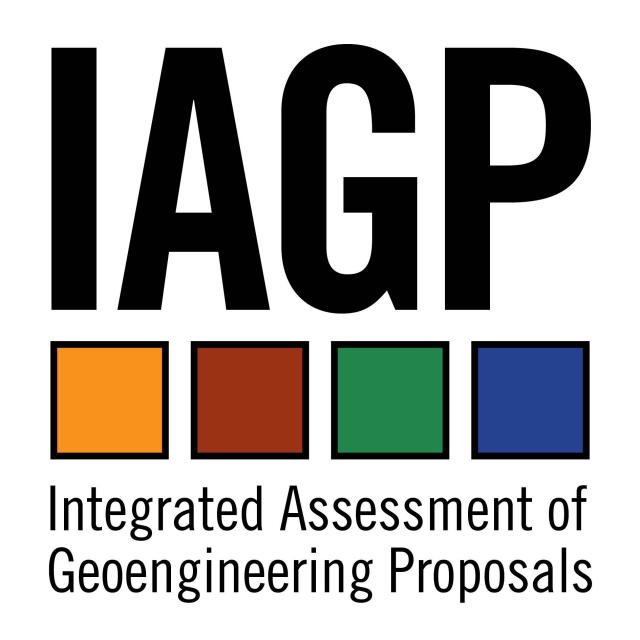You are hereDeliberating stratospheric aerosols for climate geoengineering and the SPICE project - IAGP researchers report in Nature Climate Change
Deliberating stratospheric aerosols for climate geoengineering and the SPICE project - IAGP researchers report in Nature Climate Change
Deliberating stratospheric aerosols for climate geoengineering and the SPICE project
Published in Nature Climate Change this paper reports on the first public engagement study to explore the ethics and acceptability of stratospheric aerosol technology and a proposed field trial (the Stratospheric Particle Injection for Climate Engineering (SPICE) ‘pipe and balloon’ test bed) of components for an aerosol deployment mechanism.
Research team: Nick Pidgeon, Karen Parkhill and Adam Corner from the Understanding Risk Research Group at Cardiff University and Naomi Vaughan from the Tyndall Centre, University of East Anglia
Stratospheric aerosol technology is a form of solar radiation management (SRM), a group of geoengineering technologies with the aim of reflecting a small percentage of the Sun’s light and heat back into space. There are uncertainties over its effects on ecosystems and global weather patterns, and it does not address the fundamental causes of climate change or secondary impacts such as ocean acidification. SRM also raises transboundary issues, as unilateral intervention could impact other countries or populations, and would require long-term commitment by global society.
With emerging technologies, such as geoengineering, the established social science research methodology known as public engagement is often described as ‘upstream’ as it raises important questions such as: What is a development for? What is the need? Who owns it? Who will be responsible if things go wrong? Another important objective of upstream public engagement is to open the process of defining the problem to as many different perspectives as possible; there may be aspects and issues seen as unimportant by scientists but viewed as potentially significant by the general public.
To ensure the policy impact of the research the study was commissioned to be used within a responsible innovation process specified by Research Councils UK (RCUK). Responsible innovation aims to embed an explicit evaluation of the wider worth, impacts, unanticipated risks and ethical implications into the research and development process for a new technology.
The study concluded that although almost all of the participants were willing to allow the field trial to proceed, very few were comfortable with using stratospheric aerosols.
Concerns were centred on the inability to address the fundamental problem of increasing greenhouse-gas emissions, possible unintended consequences and the perceived ‘unnaturalness’ of the technique. Aerosols were also seen to raise significant problems of international governance and control, underlining the importance of current efforts to develop research governance structures. Participants were nonetheless reluctant to rule out the SPICE test bed as a limited scientific and engineering test.
Read full article (doi:10.038/nclimate1807)
For further information about this research contact Nick Pidgeon.



